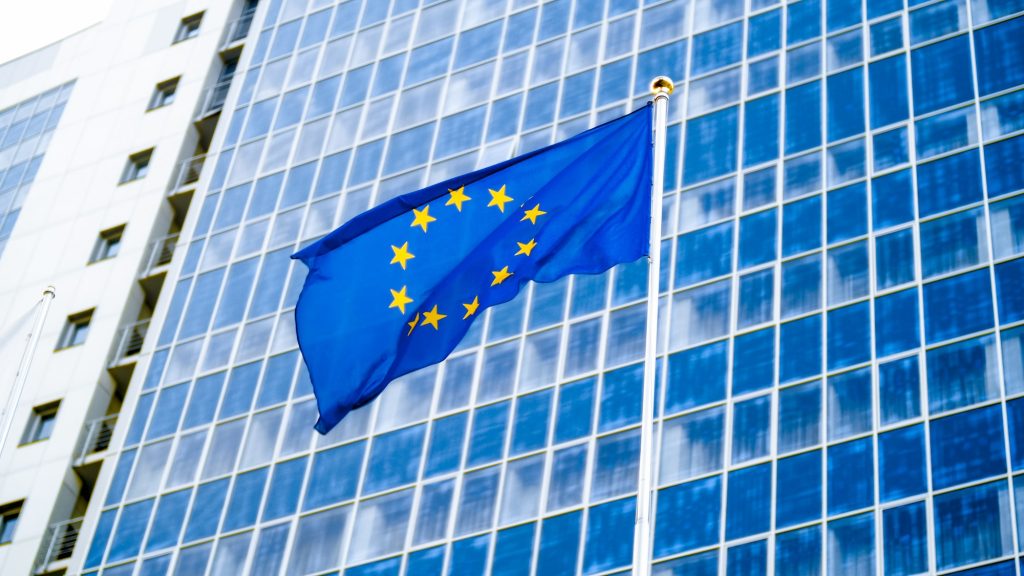EU announces new approach to economic security while affirming sustainable, green and digital transitions
The EU announces a comprehensive strategy to enhance economic security focusing on sustainable, green, and digital transitions. This includes strengthening the Single Market, investing in skills and technology, and promoting sustainable development through initiatives like the Global Gateway. They aim to bolster technological sovereignty with critical technologies and have allocated €10 billion to key programs. The proposal will be reviewed by the European Council in Brussels at the end of June.

The European Commission and the High Representative have released a Joint Communication outlining the European Economic Security Strategy, aiming to address novel economic risks due to geopolitical tensions, global competition and technological advancements.
The strategy proposes mitigating identified risks by promoting EU competitiveness through strengthening the Single Market, supporting a resilient economy, investing in skills, and fostering research, technology, and industries.
Particularly important is their continued commitment to invest in sustainable development through Global Gateway. It contributes to addressing the most critical global concerns, such as combating climate change, enhancing health systems, and increasing the competitiveness and security of global supply networks.
Enhancing EU technological sovereignty by developing critical technologies through the Strategic Technologies for Europe Platform (STEP) was also highlighted as a key goal (Q&A found here). STEP is a policy instrument that will encourage the acceptance and expansion of critical emerging technologies connected to green and digital transitions within the EU and protect the Union’s technological independence. An additional €10 billion in funding will contribute to existing programmes such as InvestEU, Horizon Europe, Digital Europe Programme, and cohesion policy funds.
Before accepting the proposal, the European Economic Security Strategy will be considered by the European Council meeting in Brussels on the 29 and 30 June.

